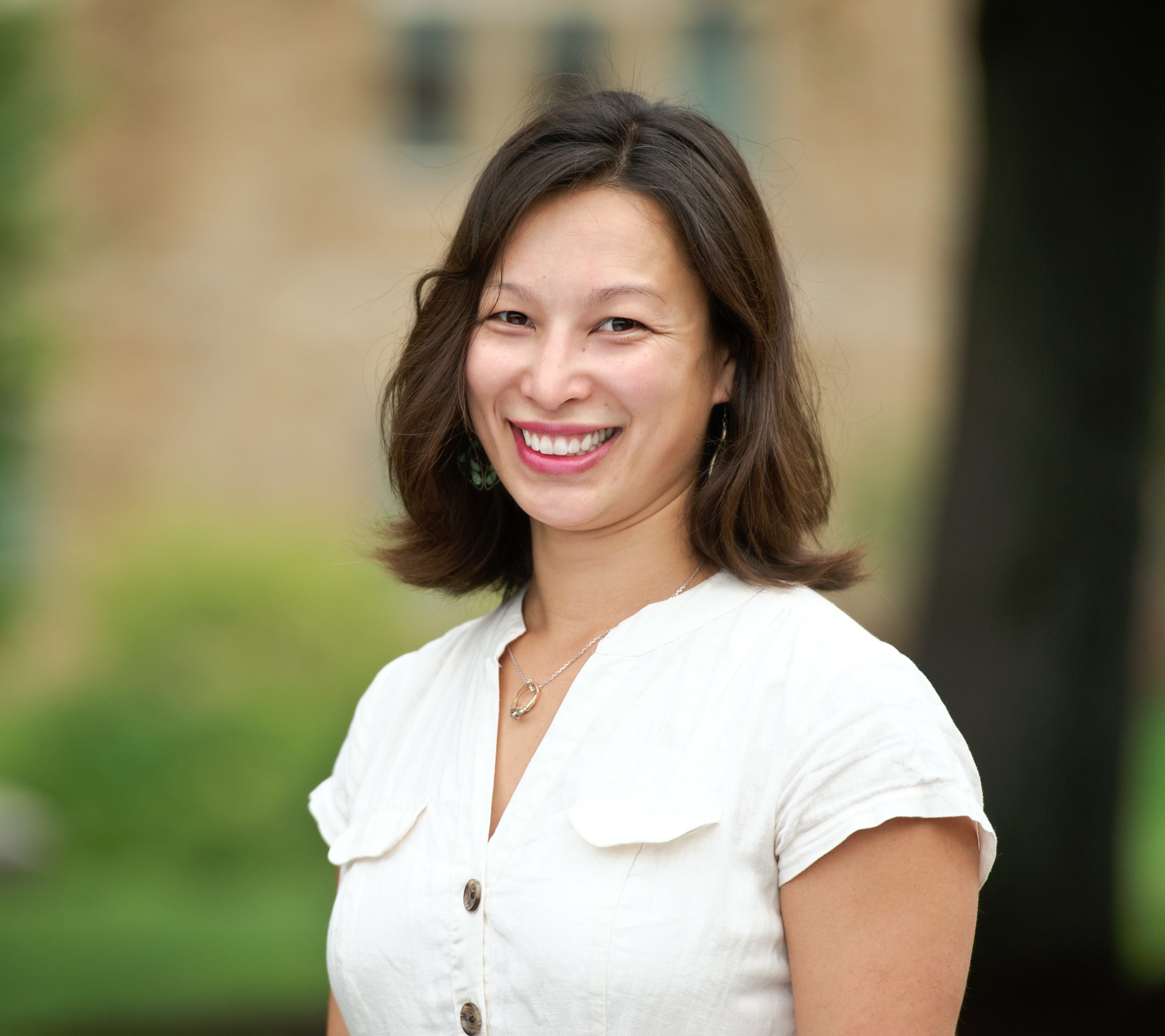
For a meaningful life, what you do every day matters.
Jaime Kucinskas, assistant professor of sociology at Hamilton College, discusses when people find the sacred during their daily routine.
Jaime Kucinskas’ research interests span the sociology of religion, inequality, social movements, cultural and organizational change and field development. Kucinskas is researching the mainstreaming of Buddhist meditation and lived religion in secular institutions in the West. A part of her dissertation research earned the American Sociological Association’s Sociology of Religion Section’s Graduate Student Paper Award. Kucinskas has also conducted research on global income inequality and gender inequality in the Middle East. She earned master’s and doctorate degrees in sociology at Indiana University and a bachelor’s degree at Colorado College.
Sacred Experiences
Where and when do people have sacred, transcendent, and meaningful experiences? In our research on sacred and meaningful experiences, we sought to find out by studying these special sacred and meaningful experiences where they happened in the world in the course of people’s everyday lives. In contrast to one-off surveys or psychological experiments in the lab.
Using smartphones, we sent people surveys twice a day at various times over a two-week period. When they received the survey, we asked if they experienced an awareness of God or whatever was holy to them “at this moment” – or if their lives felt meaningful “right now”. Through this “in the moment” data, we found that, contrary to popular beliefs that spiritual experiences tend to arise in isolation and are special and rare, both sacred states and meaningful experiences occurred pretty frequently. For a lot of people, this is good news.
Special sacred and meaningful moments tend to occur in the midst of people’s daily activities, rather than when they are alone, at rest, or engaged in leisurely technological kinds of entertainment like video games.
We also found that religion seems to work, supporting testimonials of religious people across the ages. People who pray, worship, and meditate experience the sacred in the moment and over time a great deal more than others. Sacred experiences also tend to prolong a sense of meaningfulness in people’s lives, rather than the reverse.
In short, our studies suggest that if you want to have sacred, transcendent experiences, or a meaningful life, what you do matters. Doing certain activities, like religious and spiritual practices, and avoiding others, like playing video games or lazing away your days, will increase your odds of having sacred, meaningful experiences.

Comments
2 responses to “Jaime Kucinskas, Hamilton College – Sacred Experiences”
So what you are saying is that if you are a religious person you will have more spiritual events in your life? Duh? Isn’t that just a necessary factor of ones world view? One is religious thus one interprets the events in their life with a religious out look. Sort of like wearing rose colored glasses. No? And I am sure a player of video games can see a miraculous victory as divine intervention given the right glasses.
We looked at religious practices. So if you pray or meditate regularly, you are more likely to have experiences of God or whatever is sacred to you in the moment and over time than others who do not do these practices. You are also more likely to have meaningfulness in your life. Our point is that it is what you do that matters.